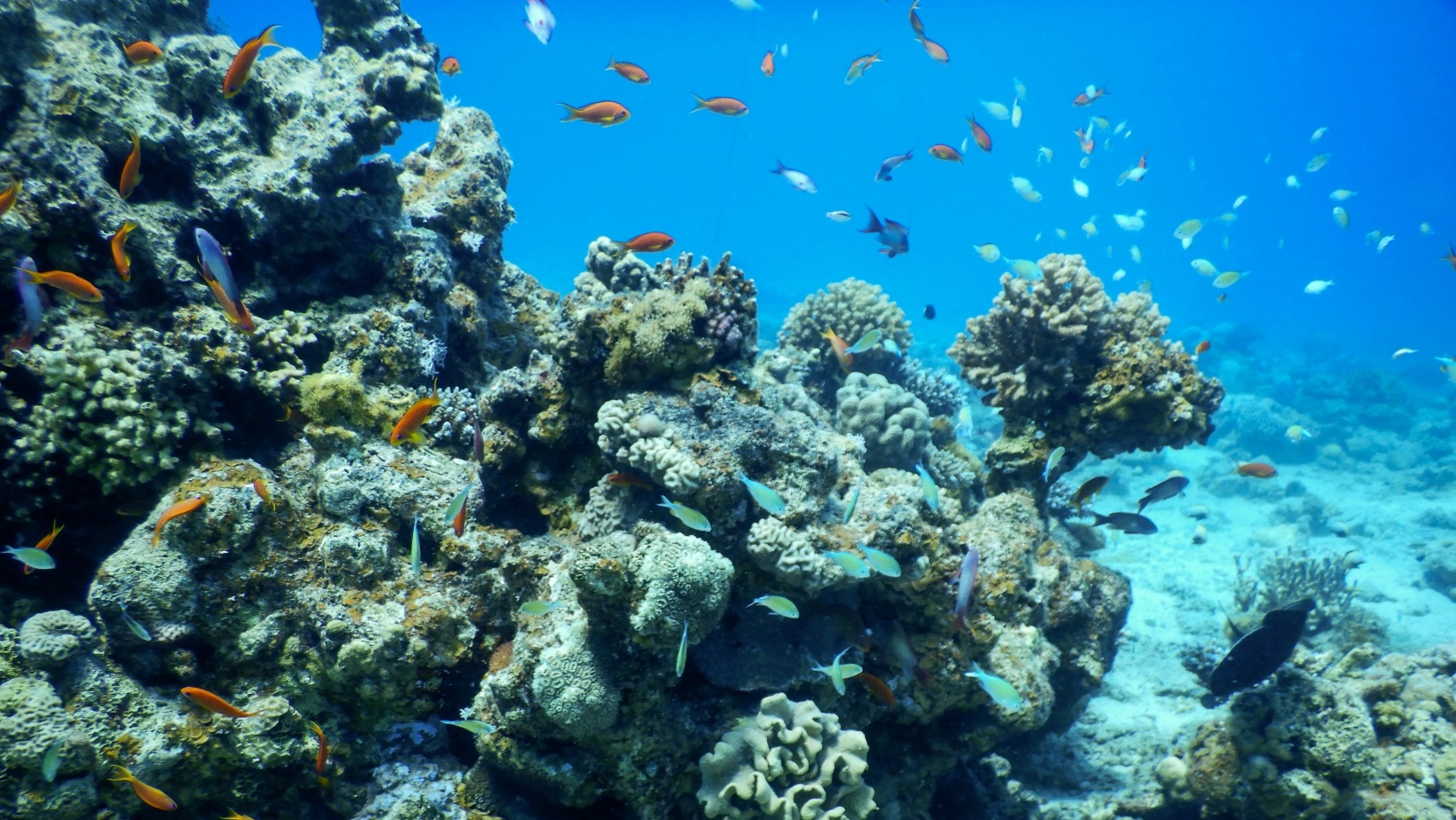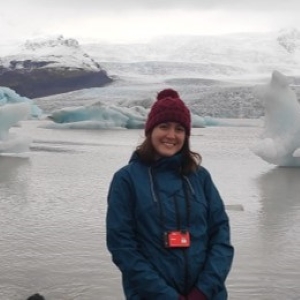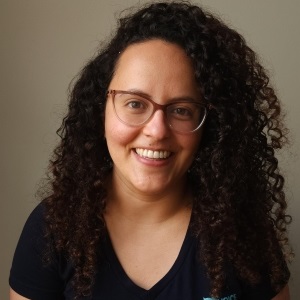The Gulf of Eilat, Israel’s coral reefs, are some of the world’s most biologically diverse marine environments. These ecosystems provide essential ecological functions, including food provision, storm protection, and supporting tourism. However, like many reefs globally, the coral reefs in Eilat have experienced significant declines in recent decades. Local stressors such as pollution, overfishing, coastal development, sewage outflows, and global challenges like rising seawater temperatures and ocean acidification have placed immense pressure on these fragile ecosystems.
While extensive visual surveys have been conducted to monitor these reefs, a critical gap exists in understanding their health from an acoustic perspective. The need for innovative, non-invasive techniques such as passive acoustic monitoring (PAM) is becoming increasingly apparent. PAM can help assess the health and biodiversity of coral reefs, offering new insights into their response to anthropogenic pressures and environmental changes. This research can potentially play a pivotal role in conserving and restoring coral reefs in the Gulf of Eilat.

The research team has collected vast amounts of acoustic data, but manually annotating each file is overwhelming and time-consuming. Despite attempts at other analysis methods, none have been successful in accurately processing the data.
Furthermore, efforts to collaborate with researchers worldwide have reinforced the need for AI-based deep learning tools to analyse coral reef and fish acoustic data. There is also a significant lack of acoustic information specific to the Gulf of Eilat, as no comprehensive sound catalogue exists for this region.
To address these challenges, the study involves fine-tuning an AI model tailored to the specific acoustic data collected from the Gulf of Eilat. The research team is working to adjust the model, incorporating manual annotations to teach it to identify fish calls and other low-frequency biological sounds.
By defining the soundscape of coral reefs in varying conditions—from healthy to degraded—the team aims to determine whether there are significant biophonic differences that can help assess reef health through acoustic measures alone.

Biologist

AI Reseacher